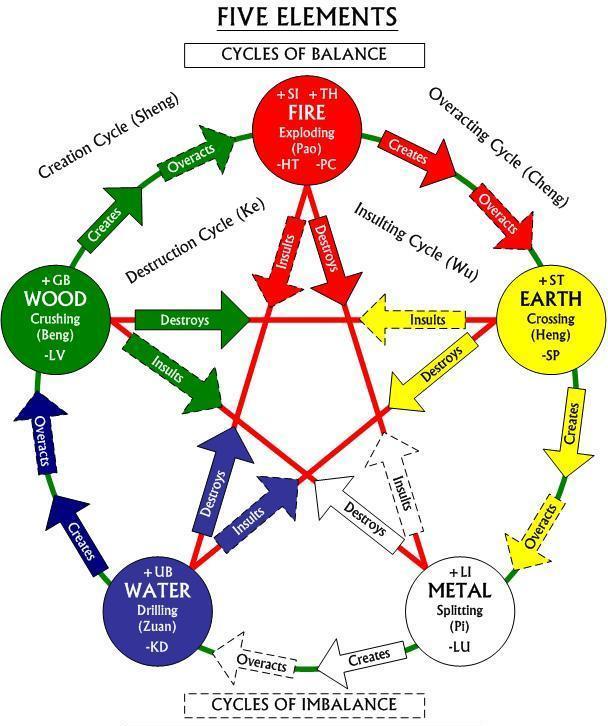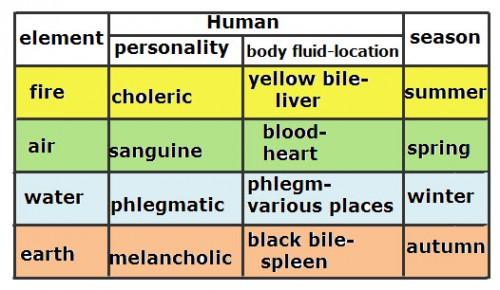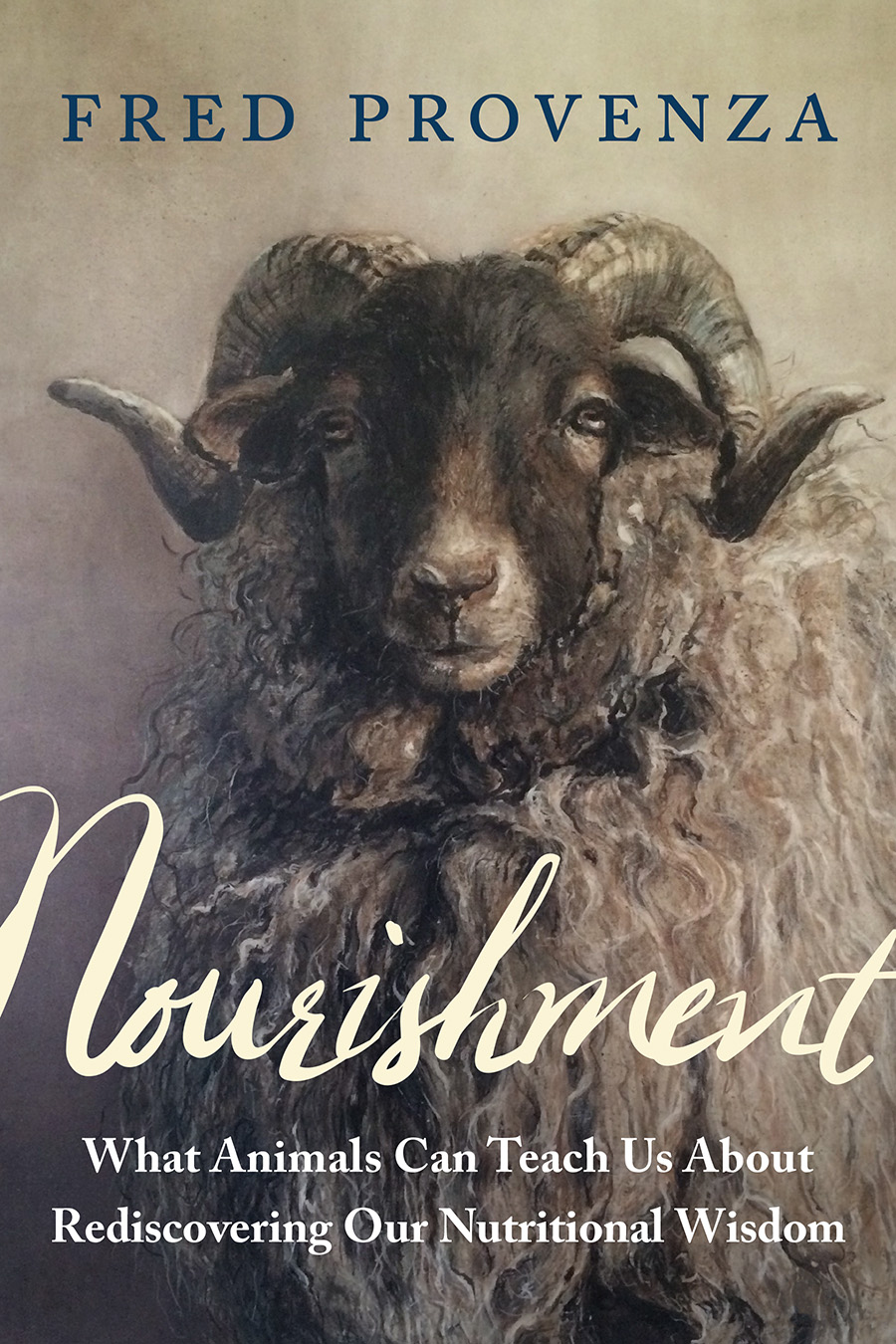So, I wrote a paper for my Food and Culture class about this topic, but I still want to share my thoughts on this before the semester is over, because I think it's too interesting of a topic.
I wanted to look at the relationships between flavor and health. Once the semester is over, I'll share some of what I wrote, but for now, I'll just present a brief overview of the topic by presenting some of the sources I looked at.
Flavors We can Taste
Flavors
The
five basic tastes in most sciences are saltiness, sourness, sweetness, bitterness, and savoriness (umami).
Why We Taste Them
Accounting for taste is part of why humans are alive today. We ate foods based on what we tasted and had available.
 (source: Australian Academy of Science)
(source: Australian Academy of Science)
Traditional Chinese Medicine - Flavors and Health
The Elements
Wu Xing, or Five Elements, describe the
five basic elements that make up the world. Those five elements are metal, water, wood, fire, and earth.
(source: Impression of China)
Five Element Theory
The relationship between the five elements and their associated tastes can be a guide to eating healthy, with the
five element theory of Chinese cooking. The five basic tastes in Chinese five element theory are spicy, sweet, sour, salty, and bitter.
Chinese Medicinal Foods (English subtitles)
Aryuvedic Medicine - Flavors, Health, and Dosha Diets
The Elements
The five elements in Aruveda are earth, water, fire, wind, and ether.
 (source: Politics of Soul)
(source: Politics of Soul)
The Doshas
In Ayurveda,
the three doshas are Vata, Pitta, and Kapha. They can describe body types and personalities.
The Flavors in Aryuveda
In Aryuveda,
the 6 tastes are bitter, sweet, sour, salty, astringent, and pungent.
 (source: Seriously Natural)
(source: Seriously Natural)
Relationship Between Flavors and Health in Aryuveda
For
doshas and the six tastes, it is recommended for people to eat more or less of different tastes based on their dosha.
Ancient Greek Medicine - Elements and Humors Connect the Flavors
The Elements
In the
classical elements, Greece had fire, air, water, and earth.
 (source: Annenberg Learner)
The Humors
(source: Annenberg Learner)
The Humors
In the
Ancient Greece approach to holistic health, there were
the four humors, which were connected to each element.
(source: Science Project Ideas for Kids)
Flavors Connected to Humors by the Elements
The closest connection between flavor and health I could make was how different foods originated different elements, which is now allowing people to
eat like an ancient greek philoshopher.
Topics That Didn't Make the Paper
Some topics I wanted to get into the paper but couldn't find a good enough reason to include were:
Food Pairing and Food Networks
So,
the science behind food pairing suggests that foods go well together when they share similar compounds. Whereas, the idea of
flavor networks, which
shatters the food pairing hypothesis, suggests that food pairing holds true for Western cuisines but does not hold true for Eastern and Latin America Cuisine
Eating in Sequences
I had been wondering why some cultures have multiple sections or sequences in eating meals. In
a full course meal explained, there can be anywhere from three to twelve courses in a meal, and each course has a specific function it is meant to fulfill.

 5
5

























 3
3






 2
2




 1
1




 1
1






















 1
1




 3
3
















